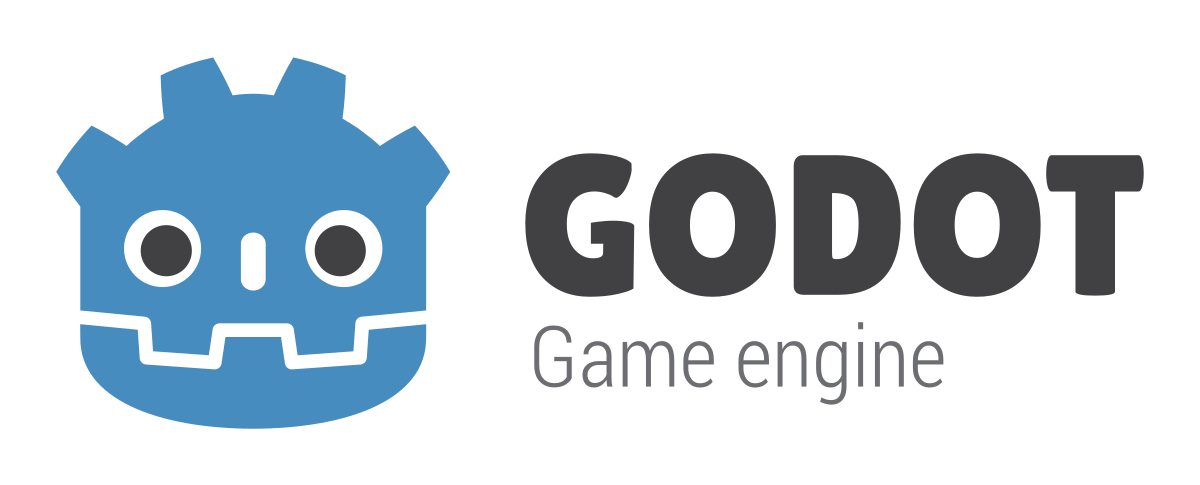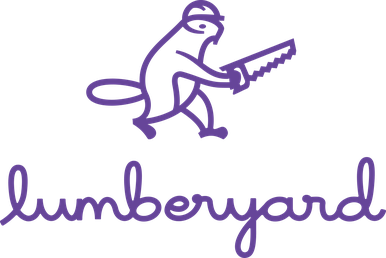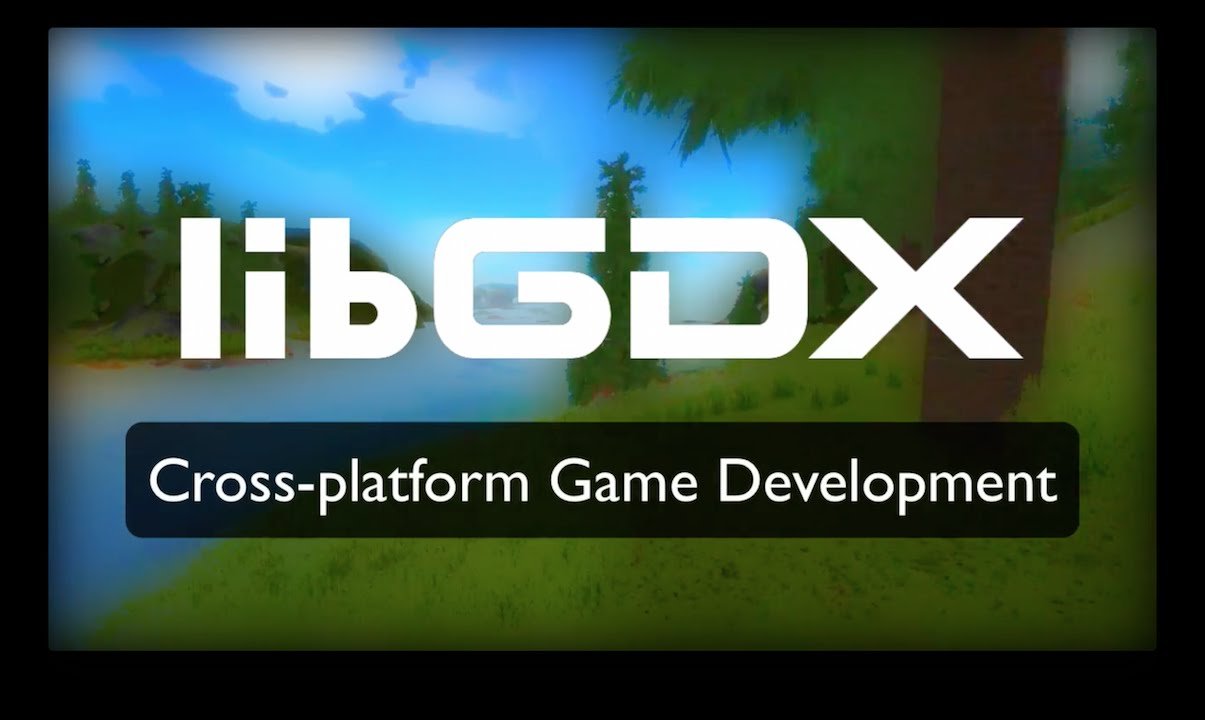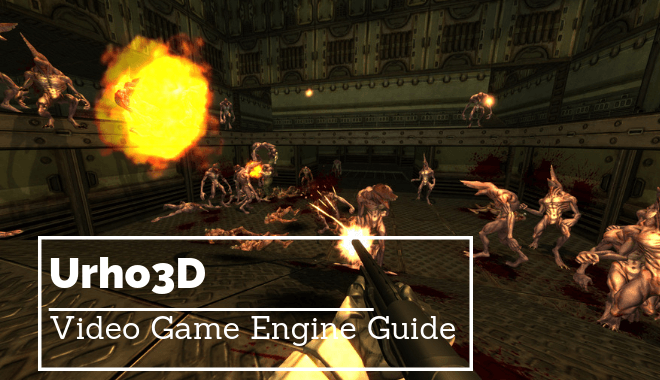-
Notifications
You must be signed in to change notification settings - Fork 5
Game Libraries Research
- Entirely point-and-click
- No programming required
- Free version is extremely limited
- Designed to build 2D games
- Online networked multiplayer API
- Fully free
- Highly active community of users
- Perhaps the best option
- Learning curve?
- Completely free
- Built in tools specifically for implementing multiplayer functionality
- More geared towards 3D
- Geared entirely towards 2D games
- Active community
- Extremely widely cross-platform
- Offers native debugging
- A close second to Godot for best option
- Must be familiar with Java to use properly
- NOT actually a game engine but rather a framework
- Completely free
- Designed for 2D
- Lightweight
- Still in relatively early development
- Facilitates coding in strictly C++
- Probably the most difficult to use in this list
Godot is most likely the best option for what we're trying to do here. It has the built-in online networked multiplayer API, which will directly facilitate our implementation of its multiplayer functionality in the website. It furthermore seems to be the best engine outright for building a game like Tetris simply given the tools it offers.
LibGDX is a close second, but appears to be significantly harder to use. Because it is a framework, rather than a game-engine, we would actually be tasked with building our own game-engine using libGDX. On the other hand, this could potentially prove a very useful step in closely building in and harnessing the quantum computing. A game engine with built in quantum computing could even potentially be a worthwhile project in and of itself.




